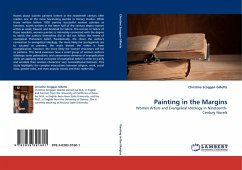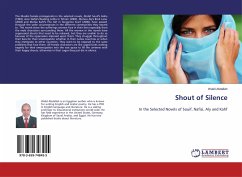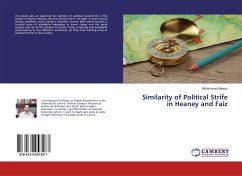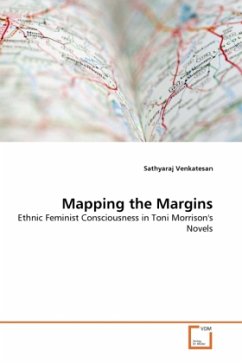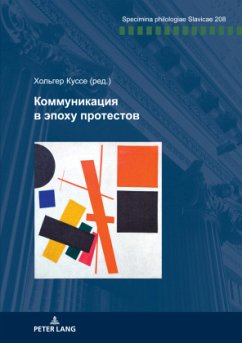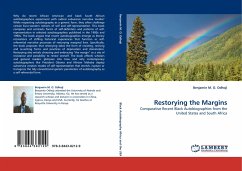
Restorying the Margins
Comparative Recent Black Autobiographies from the United States and South Africa
Versandkostenfrei!
Versandfertig in 6-10 Tagen
52,99 €
inkl. MwSt.

PAYBACK Punkte
26 °P sammeln!
Why do recent African American and black South African autobiographers experiment with radical subversive narrative modes? While respecting autobiography as a generic form, they often challenge certain Euro-western notions of self and self-representation. This book compares and contrasts forms of self-definition and patterns of self-representation in selected autobiographies published in the 1980s and 1990s. The book argues that recent autobiographies emerge as literary recreations of stifling historical experiences that function as self-referential narrative processes of restorying marginal l...
Why do recent African American and black South African autobiographers experiment with radical subversive narrative modes? While respecting autobiography as a generic form, they often challenge certain Euro-western notions of self and self-representation. This book compares and contrasts forms of self-definition and patterns of self-representation in selected autobiographies published in the 1980s and 1990s. The book argues that recent autobiographies emerge as literary recreations of stifling historical experiences that function as self-referential narrative processes of restorying marginal lives. Specifically, the book proposes that restorying takes the form of resisting, revising and re-writing forms and practices of deprivation and domination. Restorying also entails choosing and embracing the margin as a site of resistance and possibility to renew oneself. The book affords scholars and general readers glimpses into how and why contemporary autobiographers like President Obama and Miriam Makeba deploy subversive creative modes of self-representation that stretch, rupture or transgress the tidy conventional generic parameters of autobiography as a self-referential form.



